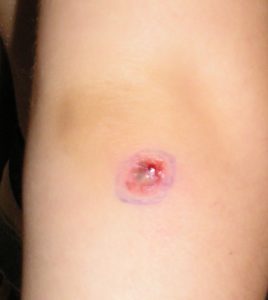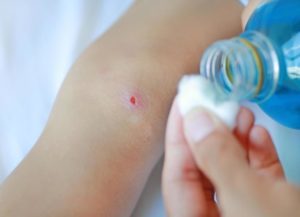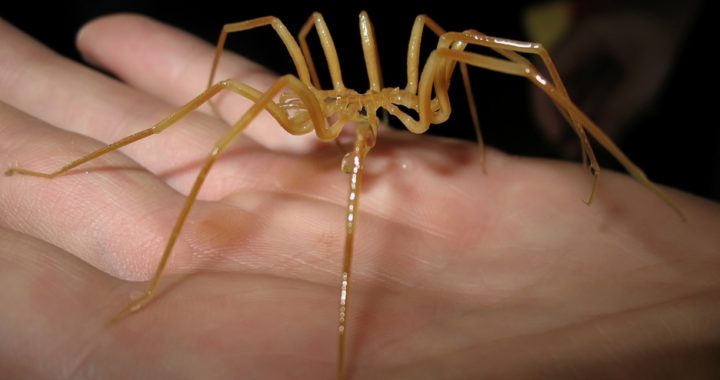Spiders are beneficial creatures — they are vital in controlling the general insect population in a given area. While most spiders try to avoid humans, sometimes you can’t avoid crossing paths. If a spider feels threatened, even if unintentionally, it may bite in order to defend itself. In most cases, a spider bite isn’t anything to worry about, but there are a few dangerous species that require treatment. If you experience a spider bite in San Diego, Medical Care San Diego is here to help. Keep reading to learn more about spider bite symptoms, how to treat spider bites, and when to see a doctor.
Symptoms of a Spider Bite
Spider bite symptoms vary depending on the species of spider and the location of the bite. Symptoms range from mild pain to more severe complications, such as neurological dysfunction.
In general, spider bite symptoms include:
- Pain, redness and swelling around the bite area
- Blistering or bump formation over the bite area
In many cases, the bite won’t look much different from a typical bug bite. Bites presenting with the above symptoms are usually harmless and do not require attention from a doctor unless your symptoms worsen or otherwise persist for over a week.
Bites from venomous spiders have an additional set of symptoms that are typically more severe than those of most spiders. Certain venomous species, such as black widows, produce bites with powerful and painful symptoms that should not be ignored.

Seek treatment immediately!
Venomous spiders can produce bites with symptoms such as:
- Muscle cramps
- Fever
- Growing ulcer at the location of the bite
- Pain that spreads to other body parts
- Severe abdominal pain
- Nausea
- Malaise
- Headaches and migraines
- Hypertension
- Numbness and tingling
- Increased sweating
If you have any of the above symptoms, we strongly recommend that you see a doctor sooner rather than later. Bites from certain spiders can cause permanent damage to your body if not properly treated.
Treating a Spider Bite
Start by cleaning the bite area and applying antibiotic ointment to it. Elevate the area if possible. Over-the-counter pain medications, such as ibuprofen and acetaminophen, are appropriate to use for bites. Seek medical treatment if you are experiencing severe pain or suspect that the bite came from one of the more dangerous spiders. Antivenom may be required in severe cases.
When you visit an urgent care or other medical facility, provide as much information as possible about the bite and about the spider if you happened to catch a glimpse of it. Some spiders look similar to their venomous cousins but don’t produce bites that require professional treatment.
A spider bite is a mild annoyance in most cases, but it’s important not to ignore it if you think you might have encountered a dangerous spider. The faster you get medical attention, the better chances you have of avoiding serious complications.
Spider Bites That Require Treatment in San Diego

How to treat a spider bite
San Diego is home to many spider species, including the common wolf spider and zipper spider. Most people don’t require treatment for spider bites, as most common species don’t pose a threat to humans. However, brown recluses, black widows, and brown widows are present in this region. These spiders have bites that can cause serious complications, especially if they are not professionally treated. In extreme cases, spider bites can cause permanent damage or death. If you have any of the symptoms above, or if your spider bite symptoms worsen or persist, we recommend seeing a doctor as soon as possible
Did you get bitten by a spider in San Diego and need help? Visit our walk-in clinic, Medical Care San Diego in La Jolla, CA for fast and effective treatment! We are the #1 urgent care in San Diego! Schedule your appointment today!

